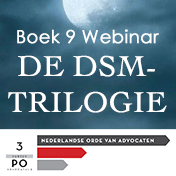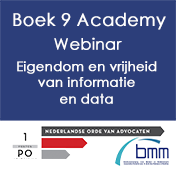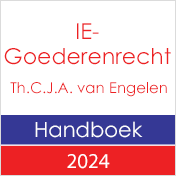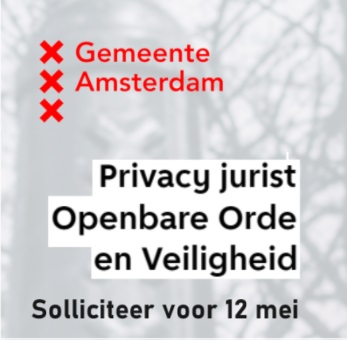 B9 11167. Gerecht EU, 2 mei 2012, zaak T-435/11, Universal Display Corp. Tegen OHIM.
B9 11167. Gerecht EU, 2 mei 2012, zaak T-435/11, Universal Display Corp. Tegen OHIM.
Merkenrecht. Beroep tegen weigering inschrijving van het woordmerk UniversalPHOLED voor ‘chemicals for use in the manufacture of organic light‑emitting devices and other organic electronic devices’ (klasse 1). De aanvraag voor het gemeenschapsmerk werd naar mening van het Gerecht door het OHIM terecht geweigerd omdat het beschrijvend zou zijn, aangezien het woord een combinatie is van de beschrijvende woorden ‘universal’ en ‘pholed' (acroniem dat staat voor phosphorescent organic light-emitting diode) en ook de som van deze bescrijvende delen geen onderscheidend vermogen oplevert:
(…) 27. The applicant nevertheless claims that the relevant public will perceive the word ‘universal’, which forms part of its company name, as referring to the company itself, so that the term ‘universalpholed’ will be understood as designating phosphorescent organic light‑emitting diodes produced by Universal.
28. In that regard, it must be noted, first, as OHIM correctly pointed out, that the word ‘universal’ is a commonly used descriptive word with a clear and specific meaning, so that when it is used in conjunction with a technical term or one designating the nature of a given product, the sign at issue will be perceived as indicating that the products in question are compatible with various specifications or applications in the phosphorescent organic‑light emitting diode field.
29. Second, according to the case‑law cited at paragraph 18 above, a mark consisting of a neologism or word composed of elements, each of which is descriptive of the characteristics of the goods in respect of which registration is sought, is itself descriptive of the characteristics of those goods for the purposes of Article 7(1)(c) of Regulation No 207/2009, unless there is a perceptible difference between the neologism or word and the mere sum of its parts. That assumes that, because of the unusual nature of the combination in relation to the goods, the neologism or word creates an impression which is sufficiently far removed from that produced by the mere combination of meanings lent by the elements of which it is composed, with the result that the word is more than the sum of its parts.
30. In the present case, it is clear that the mere combination of the words ‘universal’ and ‘pholed’, each of which is in itself descriptive of the type and nature of the goods in question, is itself also descriptive of the type and nature of those goods.
Lees het arrest hier.



























































